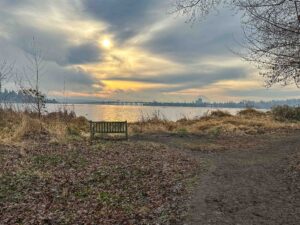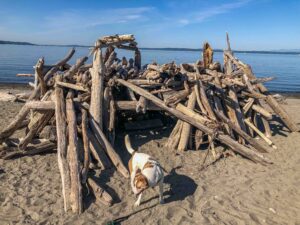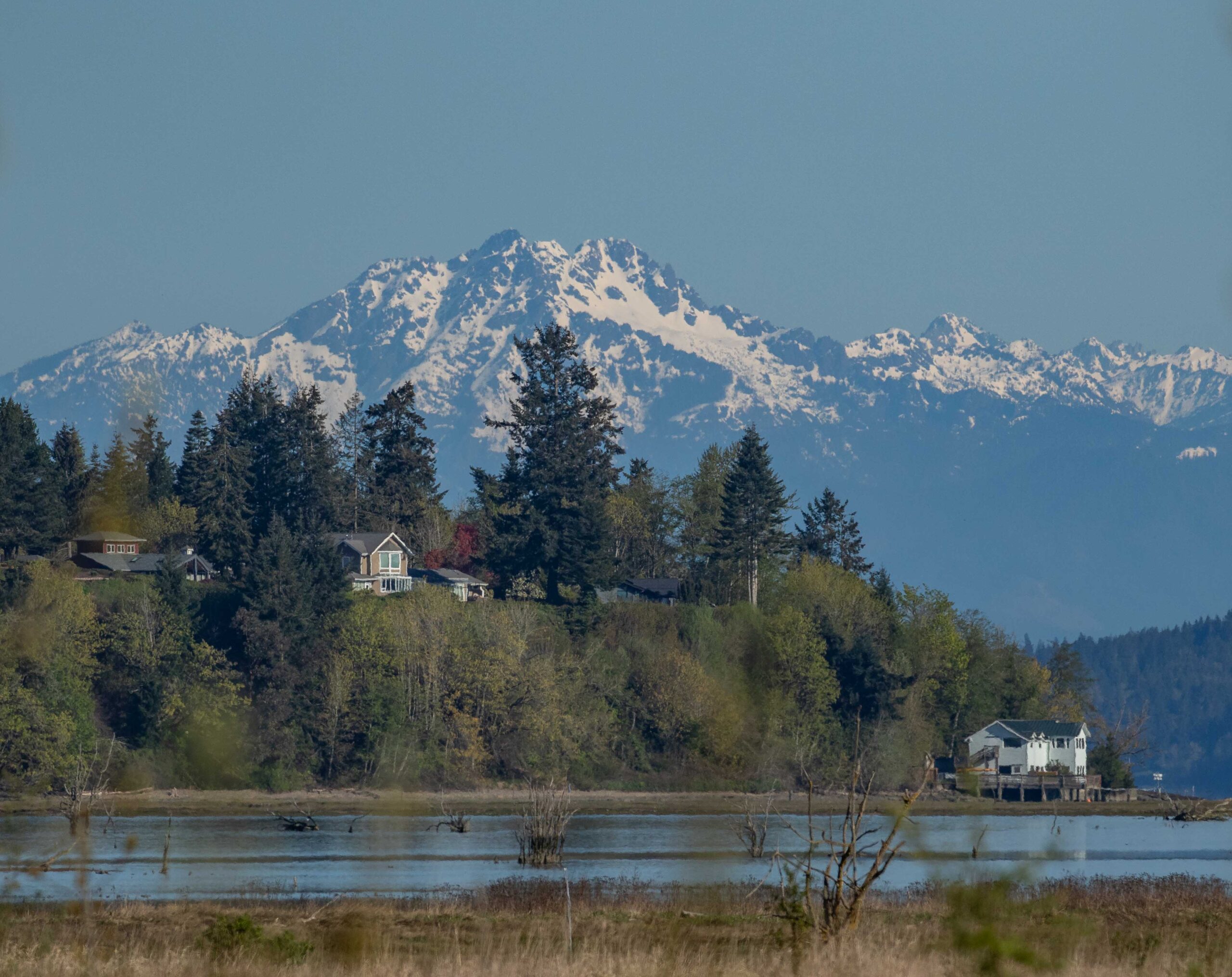
Lessons from the Nest: On Collaboration and Compassion
Spring nesting season always draws my eyes upward. Towhees, chickadees, and tree swallows flit back and forth with twigs, spider webs, and moss, building carefully, imperfectly, urgently. Males are in their beautiful mating plumage. And birdsong starts as early as 5 a.m. It’s a season of imperfect preparation, and over the past three weeks and a dozen birding outings, I’ve noticed similar themes unfolding in my life.
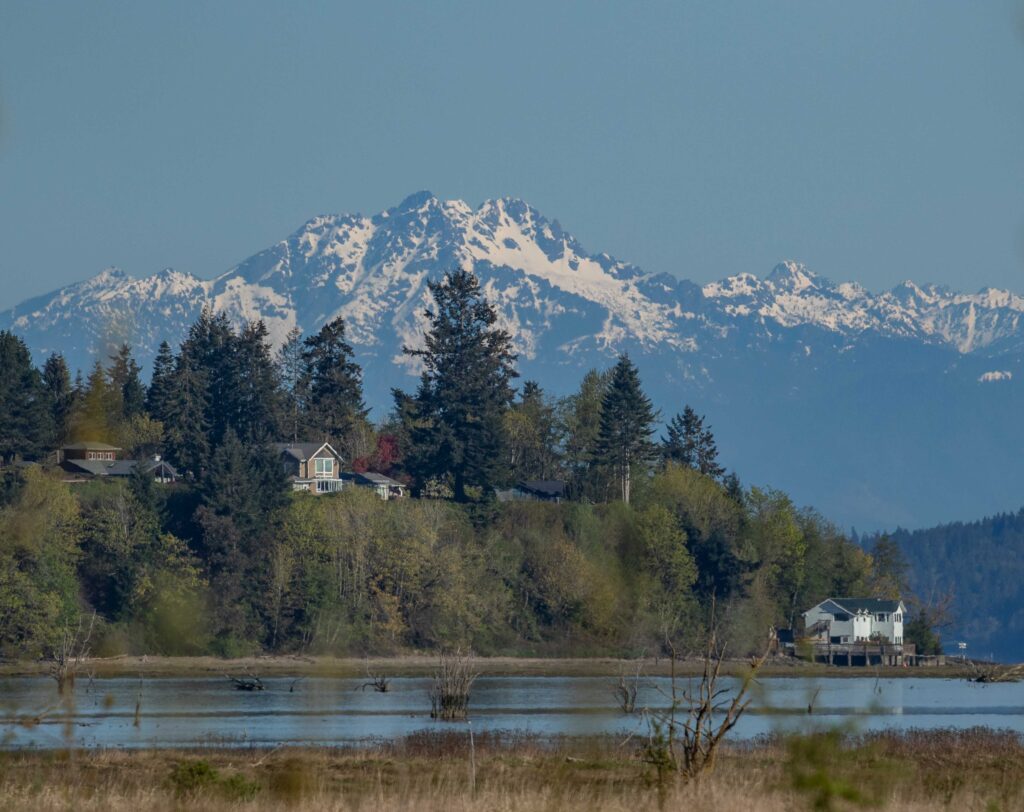
Two recent moments reminded me how growth often looks: sometimes it’s full of easy collaboration, and sometimes it’s learning to hold compassion for myself after a stumble or mistake. Both, I realized, are part of building something that will endure. Nesting season is about practicing, learning, failing, and connecting. It’s messy and imperfect, just like our lives are.
Bridle Trails State Park
Tuesday’s outing was everything I love about birding. Exercise. Birdsong. New people. Shade. Blooming beauty. I met ten other Mountaineers at Bridle Trails State Park to bird from 7:30-10:45. Of the 26 bird species we encountered, we had good looks at two Cooper’s hawks, an excavating pileated woodpecker, and nesting towhees and black-capped chickadees, among others.
Three of us were Naturalist leaders. Three participants were brand-new to birding. Most had never birded in the park before. One participant had a big birding lens and helped identify a Rufous hummingbird and a pileated woodpecker for everyone to enjoy.

I was nervous about leading a naturalist-focused birding outing. Most of my leads since November have been destination hikes. I needn’t have worried. We had 11 pairs of eyes and ears searching for birds. The fact that I’d shared in the Hello Hiker email that I wanted to help prevent overload was useful: we’d identify 2-3 trees, 2-3 blooming plants, and see if we could spot or listen to 30 species. Despite falling a little short of the targeted number of birds, the beauty of this trip was that nobody felt a need to absorb everything.
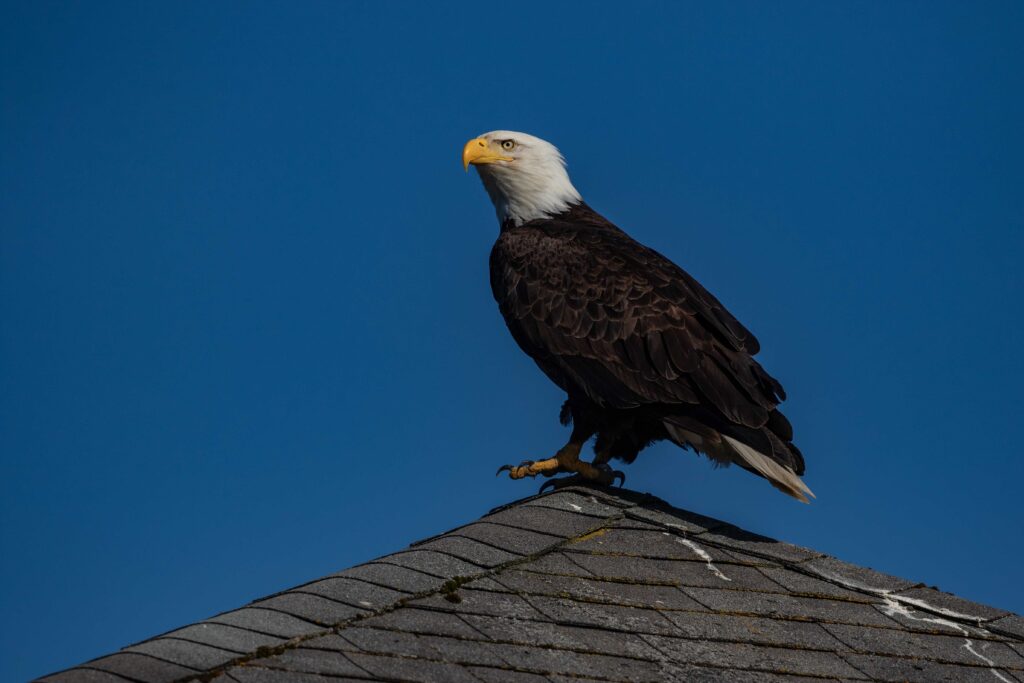
Key takeaway: What stood out for me was the power of collaboration in community and the precious moments of shared discovery. Nobody (least of all me!) needed to be perfect. Perfection is an illusion and the enemy of good enough. This trip ended up being perfectly imperfect. In short, great.
Nisqually National Wildlife Refuge
A few days later, though, I had a different experience at Nisqually National Wildlife Refuge. Five of us from the Olympia and Seattle Mountaineers branches had a wonderful morning of birding with perfect weather, good looks at 51 bird species, and plenty of learning. After the other participants left, and feeling exhilarated, I entered the information center to browse. Once the small shop cleared out of shoppers, leaving two rangers, I gushed with praise, saying, “I just love this park. Thanks for being here.”
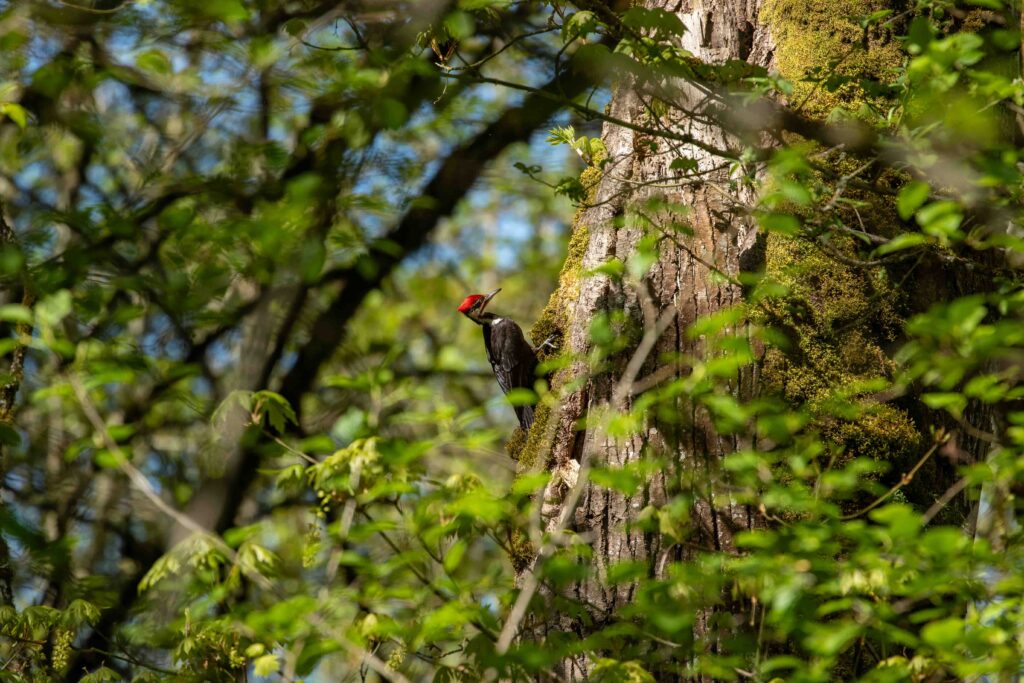
As I turned to leave, I overheard one mutter, “It’s not a park, but whatever.”
Instantly, shame flooded through me. The label “stupid” hung over my head like a storm cloud. Perhaps after watching 50 binoculars-wielding kids with their chaperones heading for the boardwalks, it had felt like a park, and park slipped out. I know it’s a refuge. Just as I know I’m NOT stupid.
In the two minutes it took to return to my car, I realized I didn’t have to accept that shameful message. How could I rewrite the story? Or if it happened again, what might I do differently?
Asking Better Questions
I thought of an even better question: How would I have liked to be corrected and addressed?
A compassionate, polite, and respectful way for him to correct me would have been, “I’m so glad you enjoyed your trip to the refuge.” I’m sure he meant well; he just delivered his response poorly. Likewise, I probably offended him by calling his special place a park instead of the wildlife refuge title it deserves. Instantly, the shame decreased. Lesson learned: choose words wisely and respect others, always.
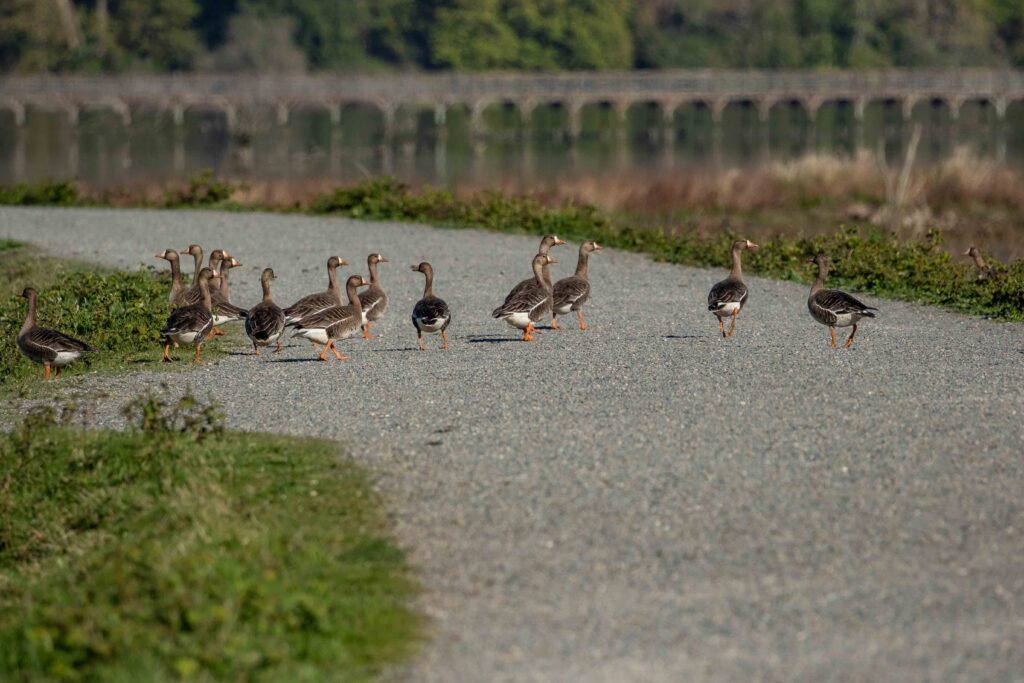
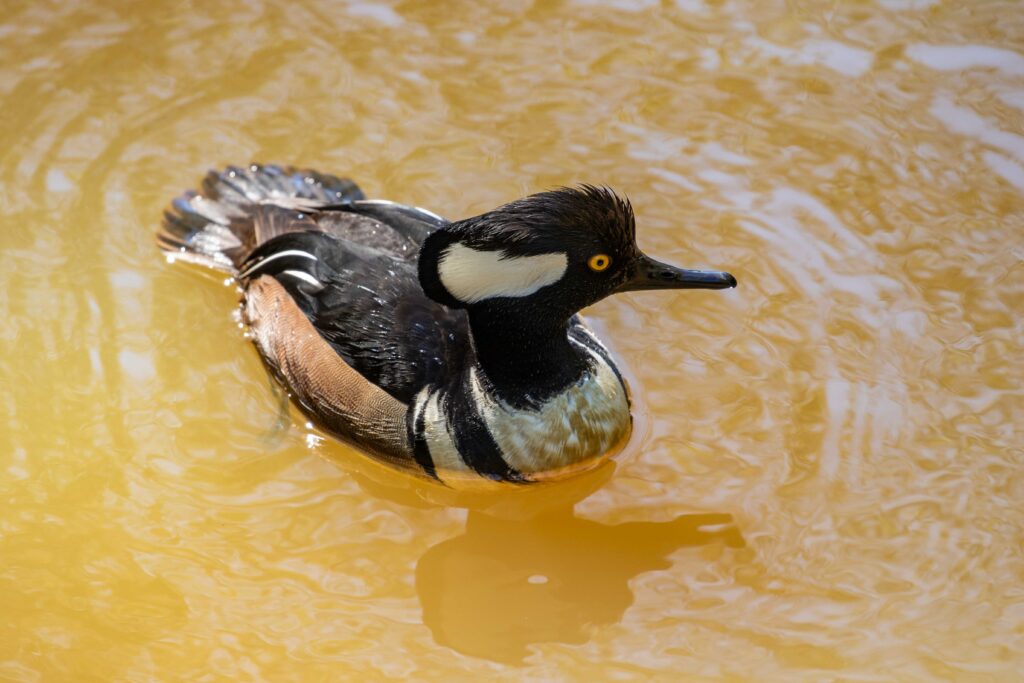
Key takeaway: Growth isn’t about avoiding mistakes — it’s about staying open-minded, open-hearted, and willing to learn. I constantly make mistakes. It’s part of growing. At Bridle Trails, I neglected to consider that the parking lot might not be open promptly at 7 (someone opened the gates at 7:22). I called the refuge a park. These are tiny mistakes, but they are still mistakes. If I can laugh at myself, learn from my errors, and commit to growing and doing something differently, then mistakes are our best teachers. Getting comfortable making tiny mistakes teaches us how to deal with huge blunders — with compassion and self-kindness
Nature as Teacher
Birds don’t expect perfection. They build, adjust, and rebuild as needed. Sometimes birds even tear down their nests and start all over, like the weavers at the Woodland Park Zoo. We do the same thing — we need to learn how to be with others, with ourselves, and how to adjust so that we treat each other with kindness, respect, and compassion.
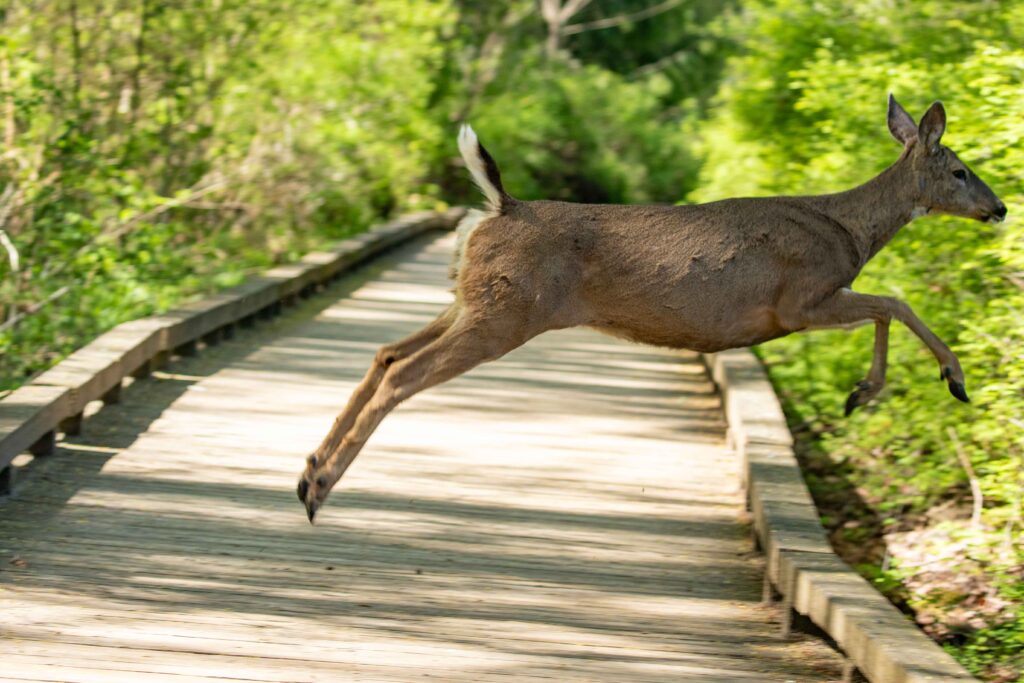
Maybe “nesting” is really about learning to stay soft with ourselves and each other. If we use harsh words or violence, we’re going to crush the fragile eggs waiting and wanting to turn into something beautiful, our future.
Regardless of the outcome for the other participants, my takeaway is that I want to keep birding. So I’ve set up another outing for spring migration through Spencer Island on May 13. I will not let other people’s moods, attitudes, or words destroy the enjoyment or fulfillment that I get while leading adventures in the wilderness.
Have you had opposing moments like these? How did you respond? What did they teach you? I’d love to hear your thoughts.

